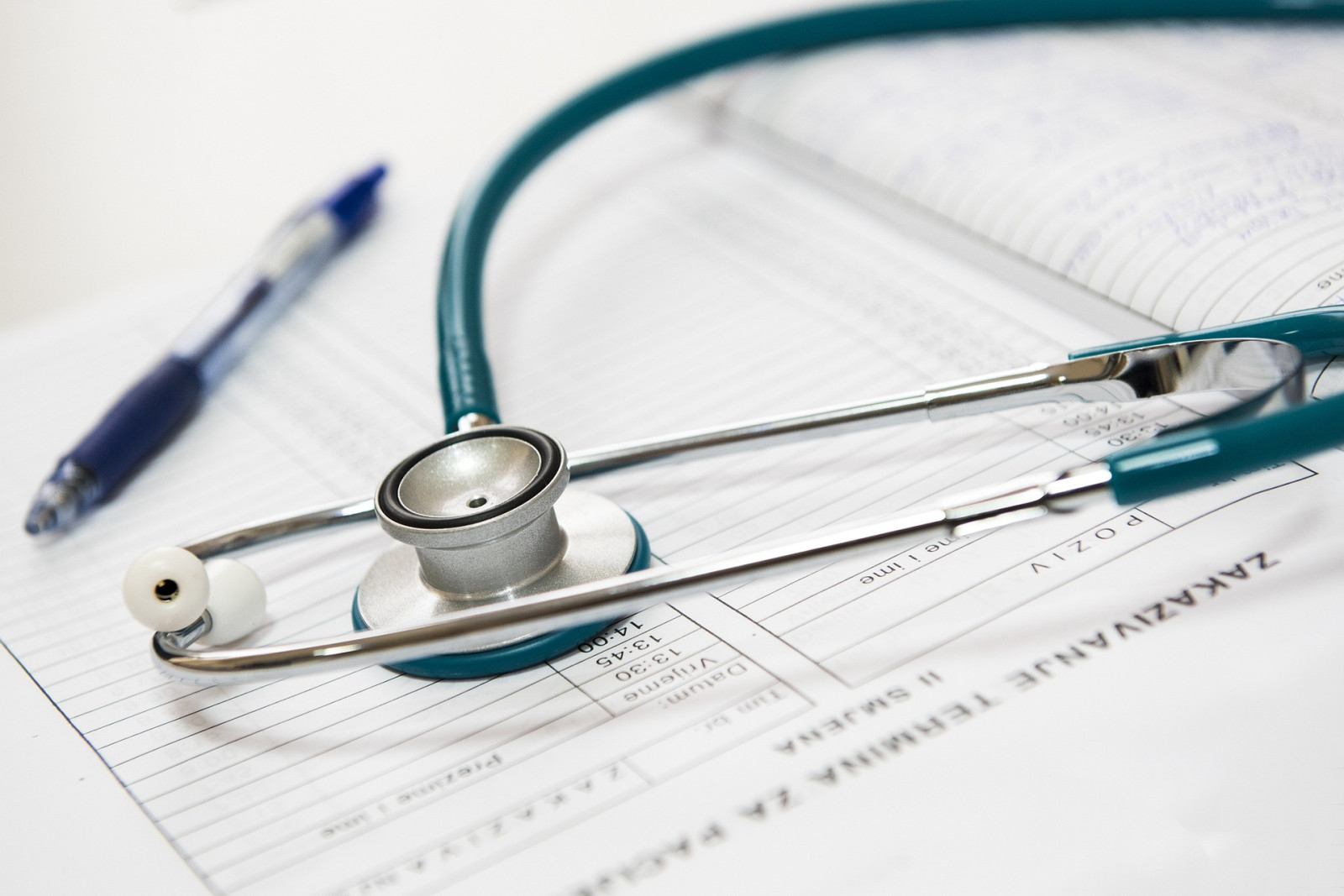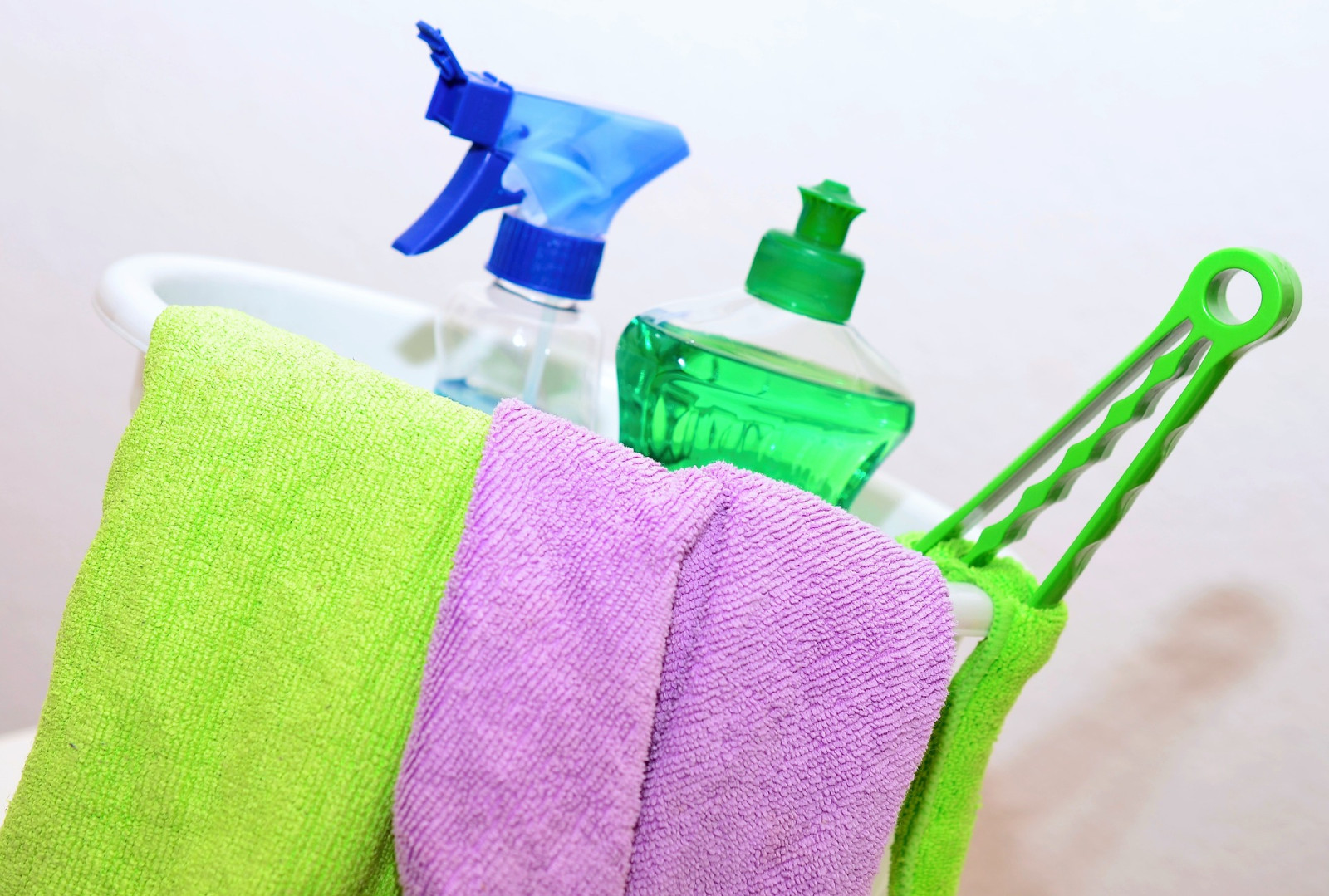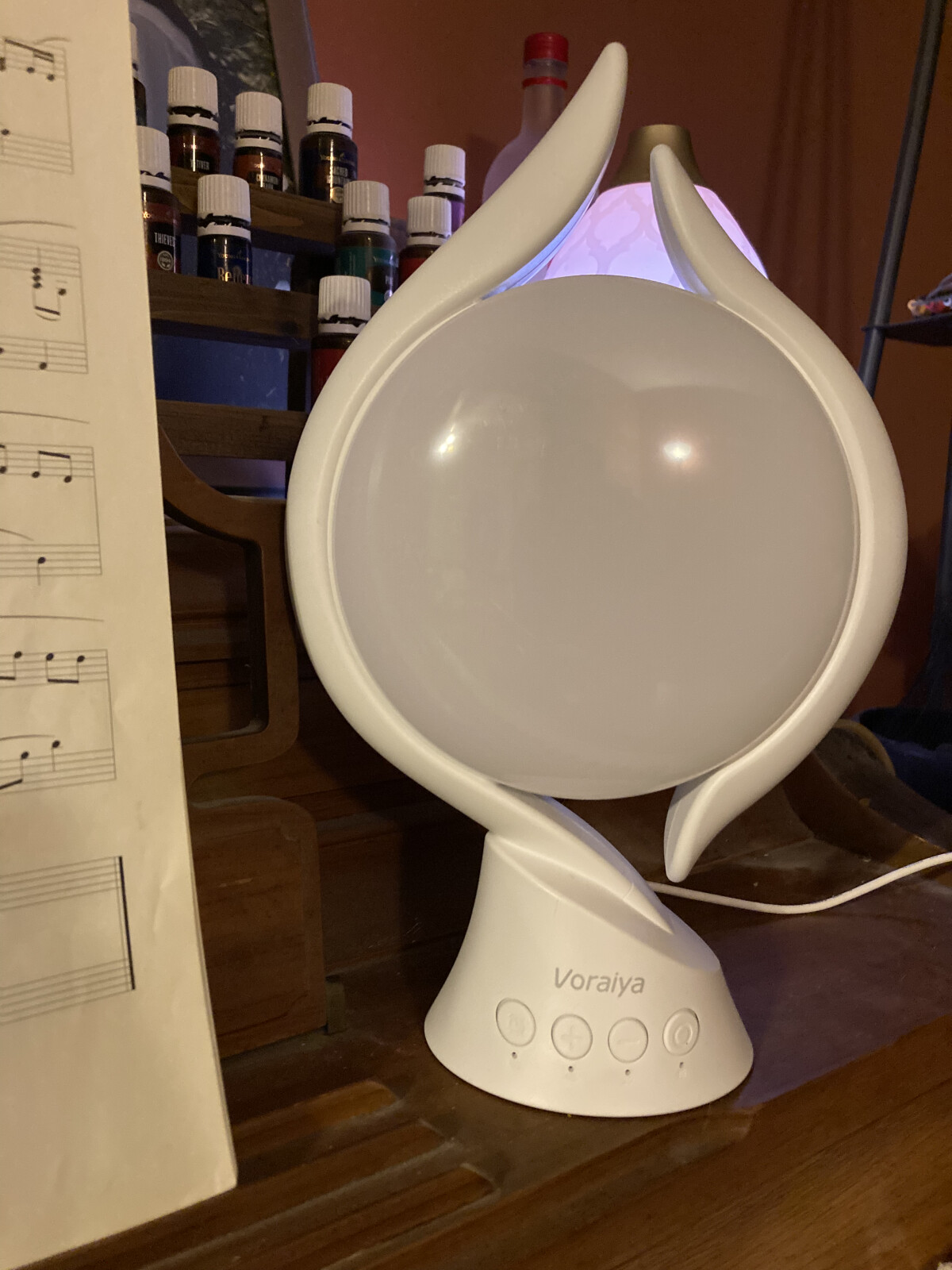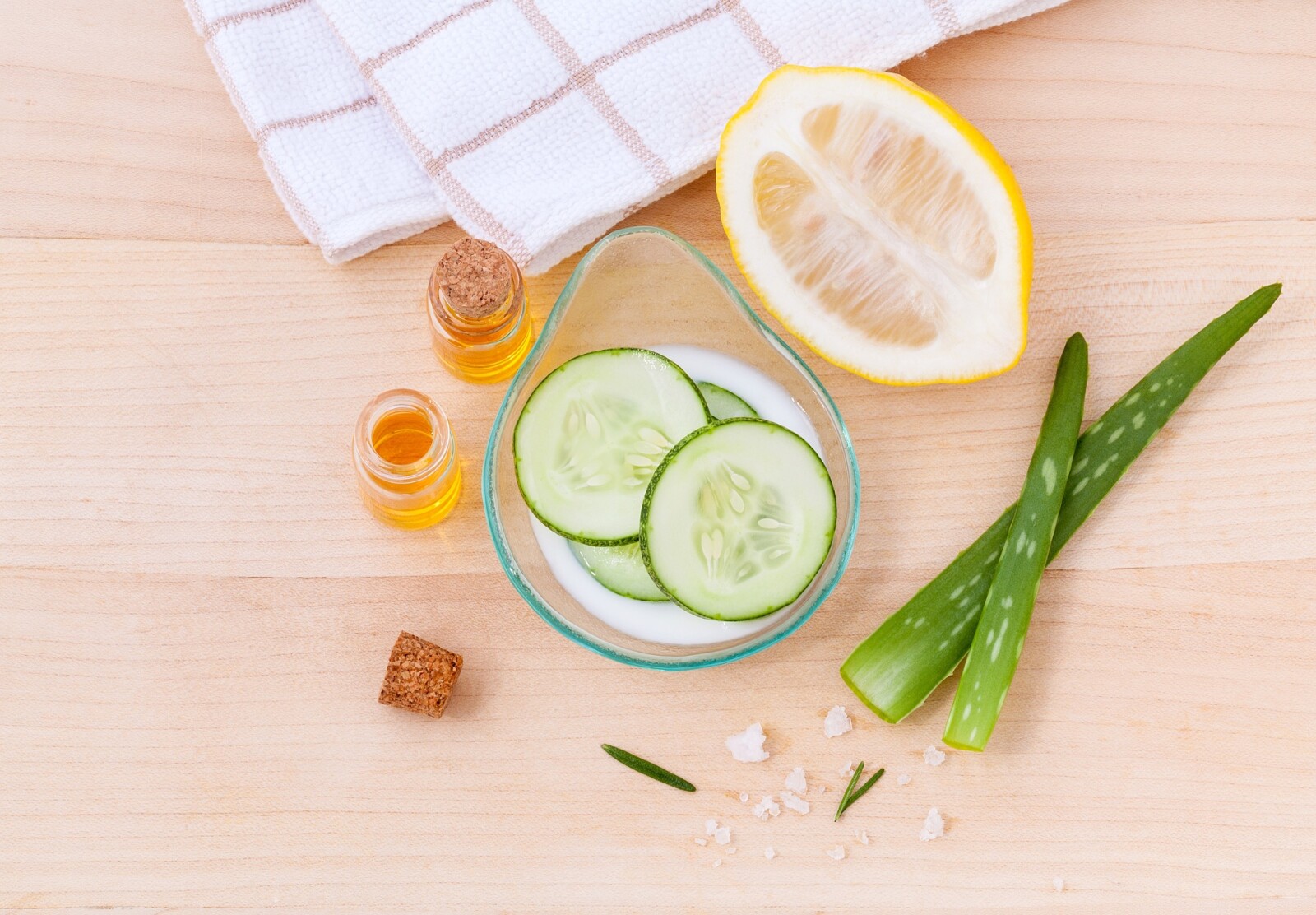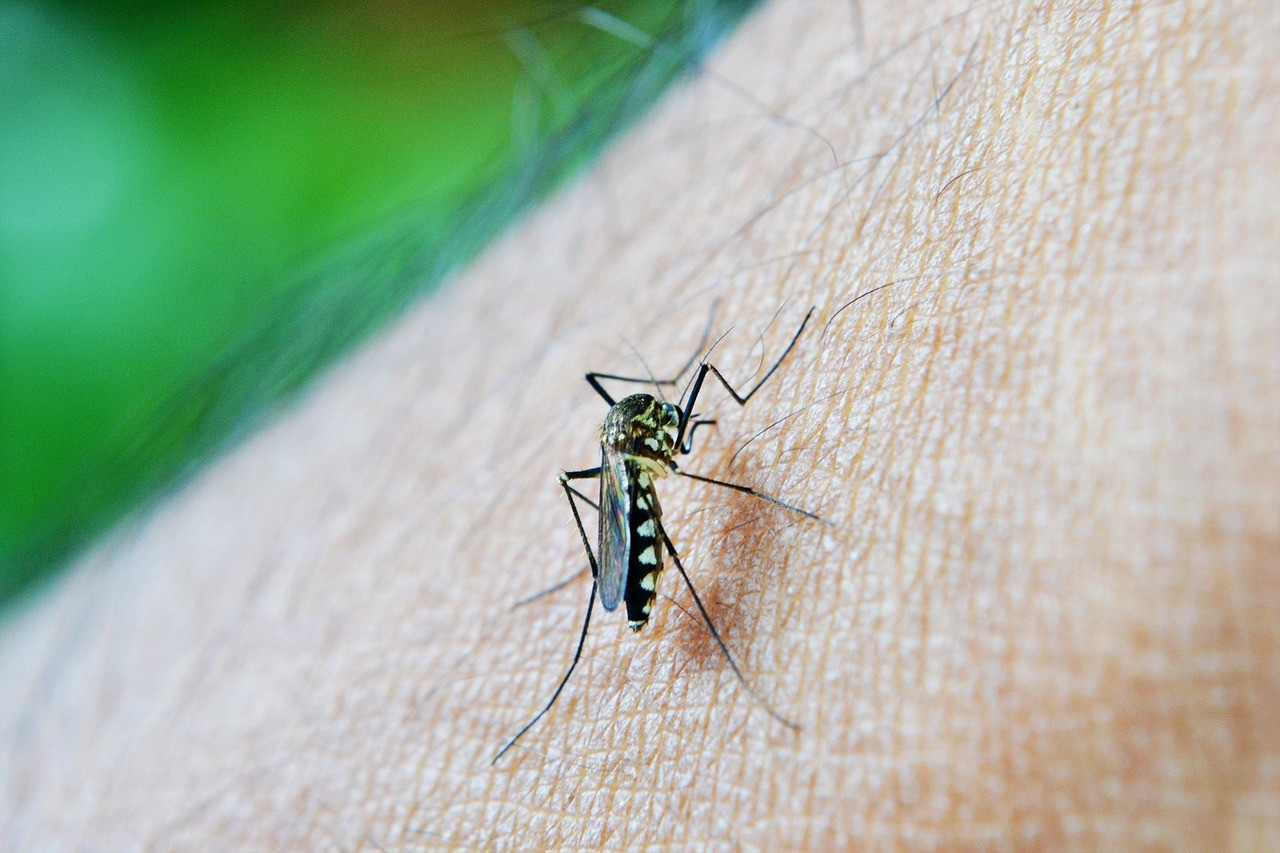
I saw my first mosquito of the year the other day. There really should be more of a break between the snow melting and the mosquitoes arriving, wouldn't you agree?
Since you're reading this post, you probably already know you should avoid conventional bug sprays. The ingredients are almost all toxic, and DEET is gaining a reputation as a poison to be avoided at all costs.
Certain agencies encourage an abundance of caution regarding mosquito-borne illnesses. However, the reality is that the insecticides recommended to deal with the problem are actually far more dangerous.
West Nile is the most common mosquito-borne illness in the U.S. yet very few mosquitoes carry it. And even if you are somehow bitten by an infected mosquito, your chance of becoming infected and severely ill are around 1%.
So weigh the risks – way less than a 1% chance of illness OR guaranteed poisons in your system?
But even though mosquito bites are more of a nuisance than a health threat, no one wants to deal with mosquitoes or any other biting insects, so what can you do that is effective but also natural?
1 – Eat Garlic
While this has not been proven (and many known natural remedies have never been "proven"), I have noticed the effect of eating garlic myself. When I first started cooking, before I learned much about herbs and spices, I used a LOT of garlic. After some time, I noticed that I no longer got many mosquito bites.
Some time later, my garlic consumption dwindled, and the mosquitoes started to bother me more again.
While, again, this isn't proven, and it might not work for everyone, garlic is extremely good for you. Adding extra to your diet is certainly not going to hurt, even if it doesn't make a difference to the mosquitoes. You're not out anything by trying.
2 – Essential Oils
Many bugs don't enjoy the scent of certain essential oils, so these oils can create an unwelcoming atmosphere.
Some of the best known bug-disliked oils include citronella, lemongrass, lavender, eucalyptus, tea tree, and peppermint. Different bugs dislike different scents more than others. For instance, mosquitoes really don't like citronella, but peppermint is better for deterring ants.
There are a few ways to use essential oils to keep comfortable outdoors. First, you can drop oils onto your clothing (be careful with light colored clothing). The fabric will act as a passive diffuser, but it might be most effective to place the oils on areas near bare skin.
Second, if you'll be in a limited area and have electrical access, you can diffuse oils to create an atmosphere around you. Oils linger in the air for quite some time, so the protection can last a while.
Third, and my favorite, you can make a spray. Choose whatever oils will work best for the insects you wish to deter, put 20-30 drops total in a small spray bottle, add a splash of witch hazel and apple cider vinegar, and top off the bottle with water. Spray on you or around the area where you'll be.
3 - Plants
I already mentioned how bugs dislike certain plants, and this applies to more than just their essential oil form. Plant lemongrass around your patio area, oregano in your garden, and mint near your doorways. The plants won't give off the concentrated scent of essential oils, but they're always there, and it requires no extra effort on your part.
Other Things to Consider
Your blood type, skin or clothing color, and alcohol consumption can all affect how attracted mosquitoes are to you.
Mosquitoes demonstrate a preference for people with type O blood. They are also attracted to darker colors, so wearing light-colored clothing can help. And if you've consumed alcohol, you may also attract more mosquitoes.
If you'd like to get your hands on the most effective essential oils, use this link. This is one of only a couple oil brands that distills its oils to maintain ALL their beneficial properties.

